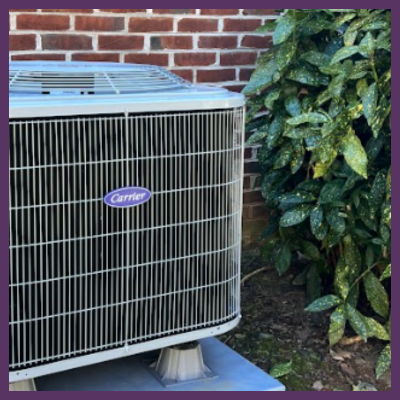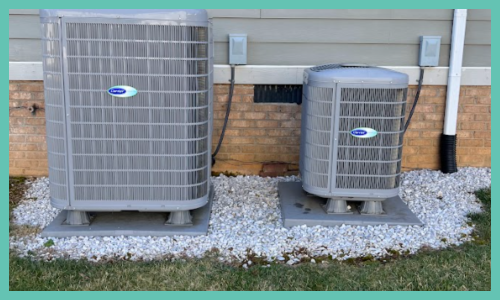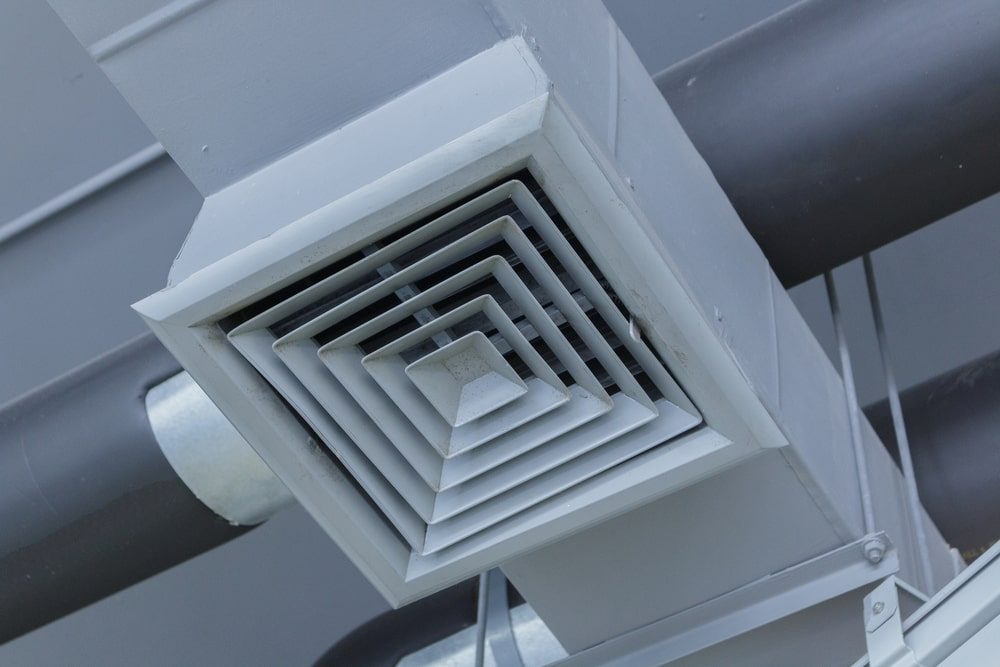How Do Heat Pumps Work?

In this article, we will delve into the world of heat pumps—a versatile and energy-efficient alternative to traditional air conditioning and gas furnace systems. Whether you’re looking to replace your old HVAC system or considering your options for a new installation, understanding how heat pumps work and their advantages can help you make an informed decision. Our goal is to provide you with clear, useful information that demystifies heat pumps and showcases why they might be the perfect choice for your home heating and cooling needs.
At first glance, the term “heat pump” might be a bit misleading because these systems do more than just pump heat—they can cool your home too! Think of a heat pump as a versatile device that can switch between an air conditioner and a heating system with the flip of a switch. But how exactly does it manage this? Let’s break it down in simple terms.
A Reversible Refrigeration System
Imagine your refrigerator: it keeps your food cool by removing heat from inside and releasing it outside. A heat pump works similarly, but it can reverse this process as well. During the warmer months, a heat pump extracts heat from inside your home and expels it outdoors, much like an air conditioner. In cooler months, it does the opposite, capturing heat from the outside air—even in cold weather—and bringing it indoors.
The Magic of the Refrigerant
The key player in a heat pump is the refrigerant, a special fluid that absorbs and releases heat as it circulates through the system. Here’s what happens step-by-step:
- Evaporation: Inside the heat pump, the refrigerant is cold and in a low-pressure state. As indoor air blows over the cold coils, the refrigerant absorbs heat and evaporates, turning from a liquid into a gas.
- Compression: The gaseous refrigerant then travels to a compressor, which increases its pressure and temperature, making it super hot.
- Condensation: Next, this hot, high-pressure gas flows through outdoor coils. As the outside air blows over these coils, the heat from the refrigerant is released into the environment, and the refrigerant cools down and turns back into a liquid.
- Expansion: Finally, the refrigerant passes through an expansion valve where its pressure drops, it cools further, and the cycle starts over.
Heating and Cooling Cycle
In heating mode, the cycle is reversed. The heat pump pulls heat from the outside air into the refrigerant, compresses it to increase the heat, then releases it inside your home. It might seem strange that the system can find heat outdoors in winter, but even cold air contains some heat. The heat pump is designed to capture this available heat and transfer it indoors effectively.
By reversing the flow of refrigerant, the heat pump can switch between heating and cooling modes, providing you with a comfortable home environment year-round.
Benefits of Heat Pumps Over Traditional Systems

- Energy Efficiency: Heat pumps are known for their ability to operate efficiently, using less energy to heat and cool homes. Unlike traditional furnaces that have to generate heat through combustion, heat pumps simply move heat from one place to another, which requires significantly less energy. This efficiency can translate into lower utility bills, making heat pumps an economically advantageous option over the long term.
- Cost-Effectiveness: The improved operating efficiency of Heat Pumps result in savings on energy bills, which can make heat pumps a more cost-effective choice in the long run. Additionally, because they serve both heating and cooling purposes, you can save on having to purchase and maintain separate systems.
- Environmental Impact: Heat pumps have a smaller carbon footprint than systems relying on combustion, such as gas furnaces. By utilizing electricity and natural heat sources, they reduce the amount of greenhouse gases released into the atmosphere, making them a more environmentally friendly option for your home.
- Consistency and Comfort: Heat pumps provide a more consistent and even distribution of temperature throughout the home, avoiding the peaks and troughs often associated with traditional heating systems. They (particuarly high efficiency models) can quickly adjust to changes in temperature, ensuring comfortable conditions regardless of external weather changes.
- Longevity and Maintenance: Generally, heat pumps have a longer lifespan than traditional furnaces and air conditioners, particularly when maintained properly. They are also less prone to breakdowns since they have fewer mechanical components involved in producing heat, resulting in lower maintenance costs and fewer disruptions.
- Safety: Heat pumps are safer than combustion-based heating systems because they do not rely on burning fuel to generate heat. This reduces the risk of carbon monoxide poisoning and the potential for fires, providing peace of mind for homeowners concerned about safety.
Considerations When Choosing a Heat Pump
Selecting the right heat pump for your home involves more than just opting for the most energy-efficient model. Here are several important factors to consider to ensure that you get the most out of your investment:
- Climate Suitability: Heat pumps are generally most effective in moderate climates but advancements in technology have made them viable in colder regions as well. In central Virginia where winters can be chilly but not extremely harsh, modern air-source heat pumps can perform efficiently. However, for regions with severe cold, considering a dual-fuel system or a ground-source heat pump might be better as they operate effectively even when temperatures drop significantly.
- Proper Sizing: One of the critical steps in choosing a heat pump is ensuring it is correctly sized for your home. A unit that’s too large will cycle on and off too frequently, reducing its efficiency and lifespan, while a unit that’s too small won’t adequately heat or cool your home, leading to discomfort. We perform detailed calculations to determine the best size based on your home’s square footage, insulation levels, and other factors.
- Energy Efficiency Ratings: Heat pumps are rated by their Seasonal Energy Efficiency Ratio (SEER) for cooling efficiency and Heating Seasonal Performance Factor (HSPF) for heating efficiency. Higher SEER and HSPF ratings indicate better energy efficiency and lower operating costs. Choosing a heat pump with high efficiency ratings can maximize your energy savings and contribute to environmental conservation.
- Installation Quality: The effectiveness of a heat pump is largely dependent on the quality of its installation. Poor installation can lead to frequent maintenance issues and reduced system efficiency. It’s crucial to choose experienced and reliable professionals for the installation. The Otter Guys are well-versed in installing various types of heat pumps and ensure that each installation is performed meticulously to optimize performance.
- Additional Features: Modern heat pumps come with a variety of features that can enhance comfort and convenience, such as variable speed motors, smart thermostat compatibility, and indoor air quality solutions. Consider which features are most important for your home’s specific needs and climate.
Ready to Experience the Benefits of a Heat Pump?
Choosing the right heating and cooling system for your home is a significant decision, and The Otter Guys are here to help every step of the way. If you’re considering a heat pump for its efficiency, comfort, and environmental benefits, or if you just want more information to see if it’s the right choice for your home, we invite you to get in touch. Give us a call at (434) 295-3121, or contact us online!





